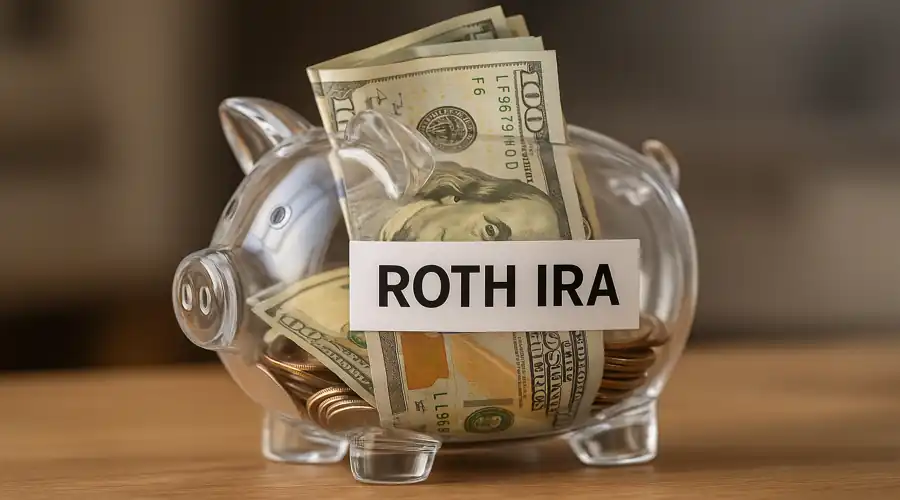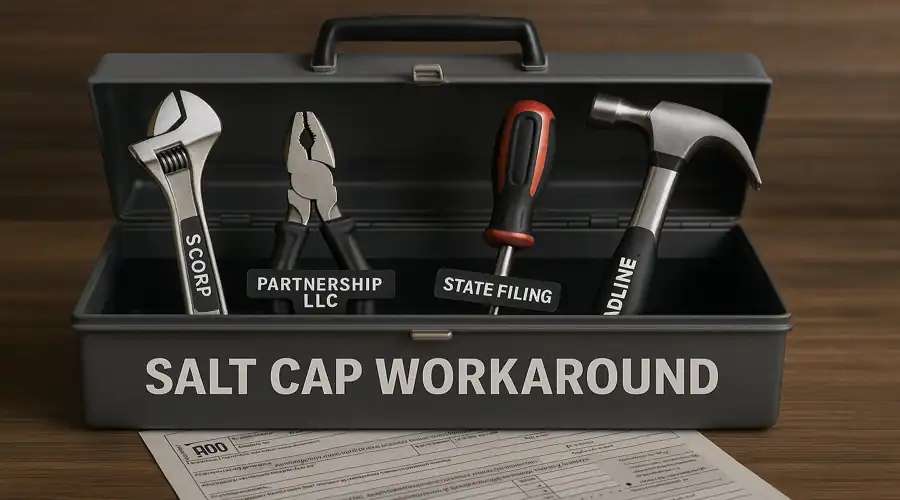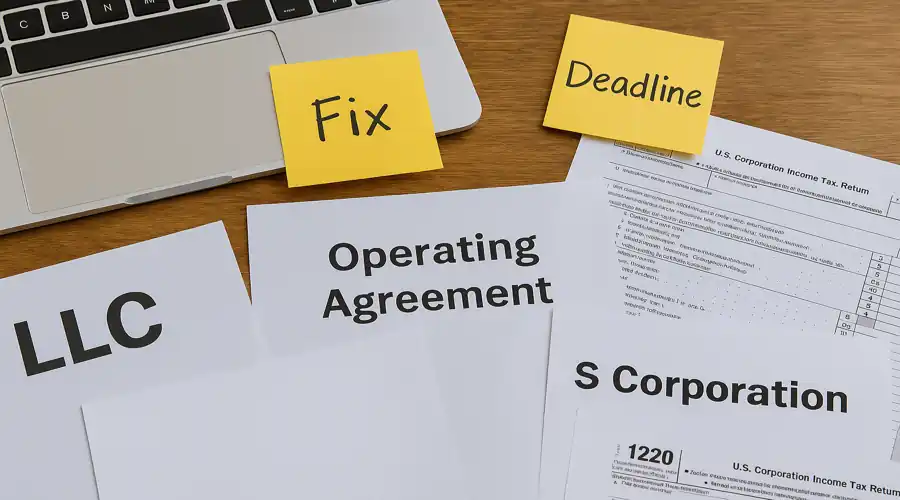Paying your kids through your business is one of the most powerful and legal ways to lower your taxes and teach your kids entrepreneurship at the same time. Instead of giving them money after taxes for sports, school, or clothes, you can actually move that income into their lower (or no) tax bracket and turn everyday support into a business write-off. Legally. This isn’t some loophole or gimmick—it’s straight out of the tax code, and if you do it right, it’ll save your family thousands every year.
Why Paying Your Kids Works
Kids get the same standard deduction as adults. In 2025, that’s $15,000 of income tax-free. So whether they’re flipping burgers at McDonald’s or working in your business, that first 15 grand is off-radar for the IRS.
Here’s the beauty: when you pay your kids under age 18, you don’t have to withhold payroll taxes. No FICA, no Medicare, no FUTA, no SUTA. Zero. The government doesn’t get their cut. That means no payroll headache for you, no taxes for them, and you still get to claim them as dependents and take the Child Tax Credit.
What Counts as Legitimate Work
Now, this isn’t about disguising an allowance as wages. The IRS expects legitimate, age-appropriate work. If a kid’s five or six years old, they might be shredding paper, stuffing envelopes, or cleaning the home office. By the time they’re teenagers, put them to work on social media, sales, errands, or even job-site support.
The amount they earn has to match the work they’re doing. Could you pay them more than $15,000? Sure. Could you just pay them a couple thousand? Absolutely. The point is to make sure you are not abusing the system.
Documentation & Compliance
You don’t technically need to issue a W-2 for kids under 18, but I like it for the paper trail. With Box 1 showing how much they earn, and zeros in Boxes 3 and 5, it’s clear they’re not subject to FICA or payroll taxes.
And here’s why a W-2 helps: one of the best follow-up strategies is contributing those wages to a Roth IRA. Once your kids have earned income, that door opens. Imagine your 15-year-old starting a retirement account that grows tax-free for 50 years. That’s how million-dollar Roth IRAs are built.
Now let’s clear up a big mistake: issuing a 1099 to a minor. Don’t do it. A 1099 makes the IRS treat your child like an independent contractor, which means that 15.3% self-employment tax kicks in. You’ve also dragged them into Schedule C filings and bookkeeping headaches they don’t need. Wages for kids under 18 belong on payroll, not a 1099. Keep it simple.
Strategies for Kids Over 18
Once your kids turn 18, the game changes. Now payroll taxes kick in if they’re employees. Issue the W-2 if they’re working like regular staff. But you’ve got better plays.
If your kid is home from college or working intermittently, treat them like a subcontractor and issue a 1099. Let them run their own small business and take write-offs. That’s entrepreneurship, and it’s a lot more valuable than another summer of Fortnite.
Or bring them onto your LLC or corporation’s board. Spouse, yourself, and adult children—it’s a perfect fit. Hold an annual board meeting, even in a fun location, and write off the travel, dining, and expenses. That’s not just smart tax planning, that’s building family wealth.
You’re going to give your kids money anyway. Might as well take a write-off along the way.
Bonus Strategy: Establish a Family Board of Directors
Once your kids are 18 or older, don’t just think about paying them as employees or contractors. Think bigger. Create a family board of directors or advisors through your LLC or corporation. This isn’t make-believe, it’s a legitimate governance structure that lets you bring your spouse and adult children into official roles.
Now you’ve got built-in opportunities for tax-deductible board meetings. Hold your annual meeting in a destination spot, document the agenda, and suddenly your family trip is a business write-off. Travel, dining, and related expenses tied to the meeting can all be deductible. And more importantly, you’re teaching your kids how real businesses operate. Review financials, set goals, and make strategic decisions together.
It’s a bonus strategy layered on top of paying your kids: not only do they get income in a lower tax bracket, but you open the door to legitimate write-offs for travel, meals, and family financial planning.
The Bottom Line
Paying your kids through your business isn’t just smart tax planning. It’s one of the best ways to pass on financial education and entrepreneurial values to the next generation. Your kids learn about money, work ethic, and even saving for retirement, while you legally shift income into a lower tax bracket and take a deduction for expenses you were going to cover anyway.
My team at KKOS Lawyers helps families across the country set this up correctly. From payroll documentation to family boards and Roth IRAs, our team knows how to integrate your kids into your business strategy without crossing IRS lines. Book a Comprehensive Consultation and build a tax plan that works for your business and your family.









My LLC is wholly own by a c corp which is wholly owned by me, can I then place my inder age children on payroll?